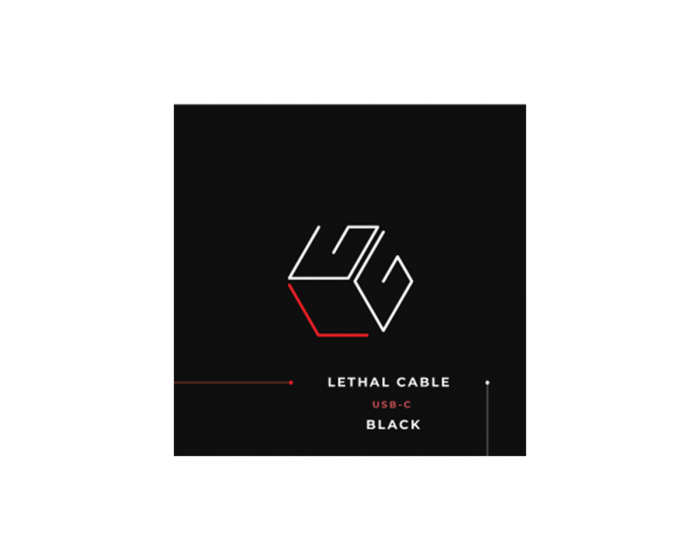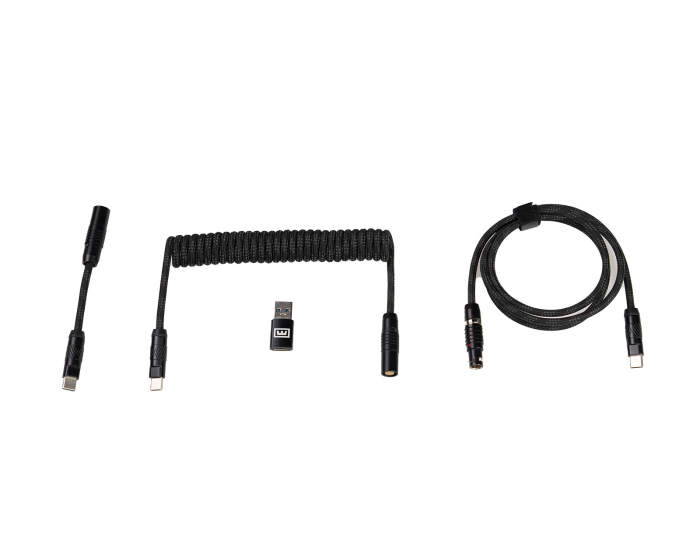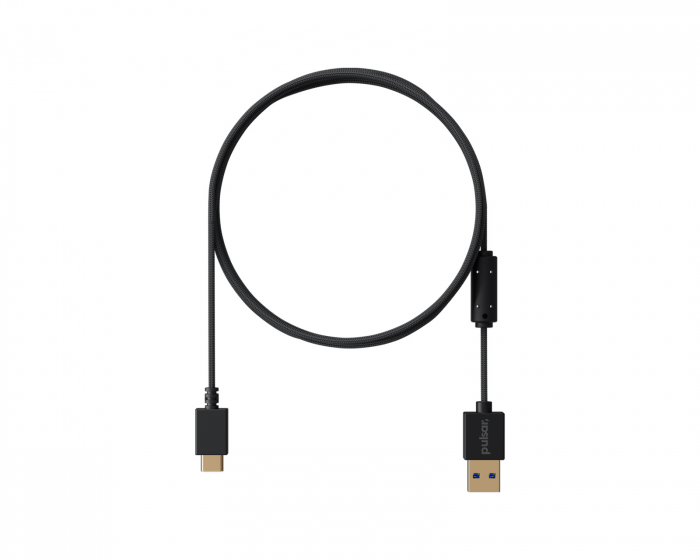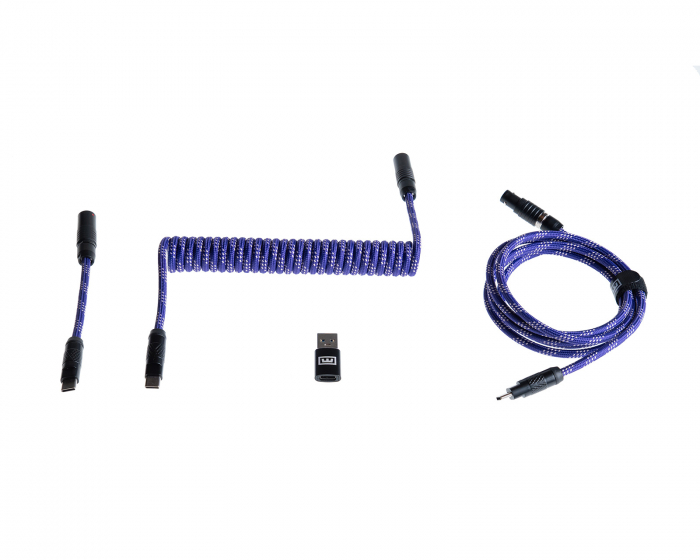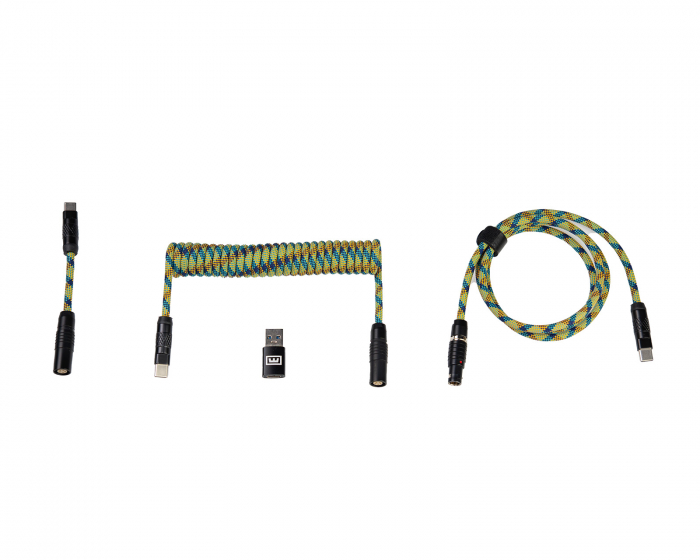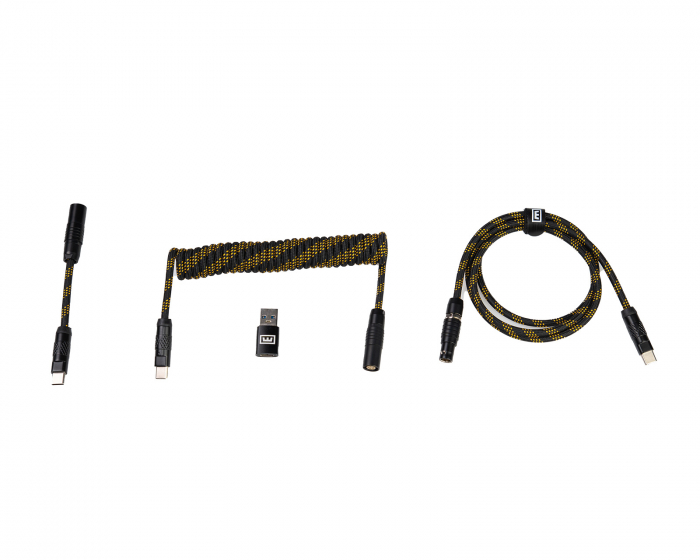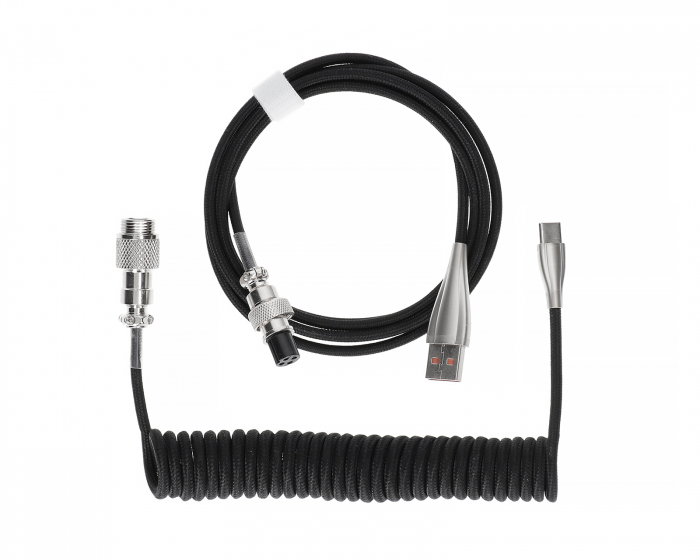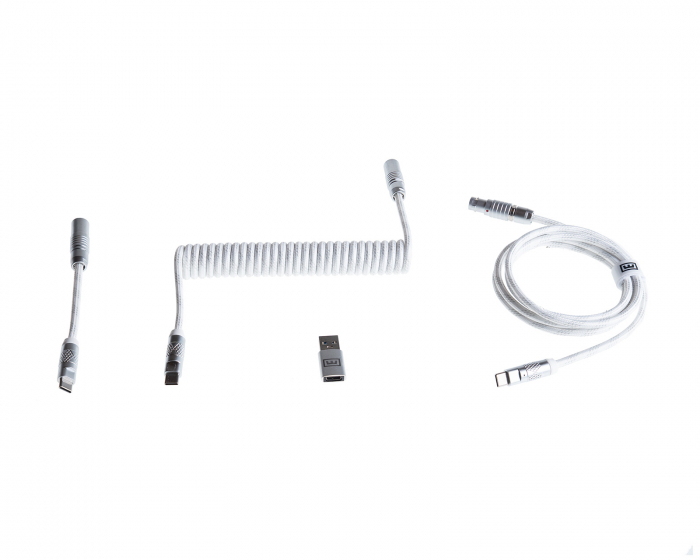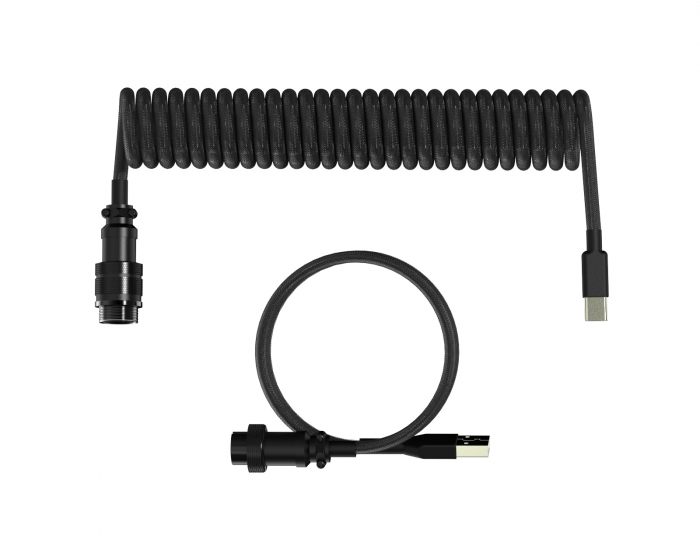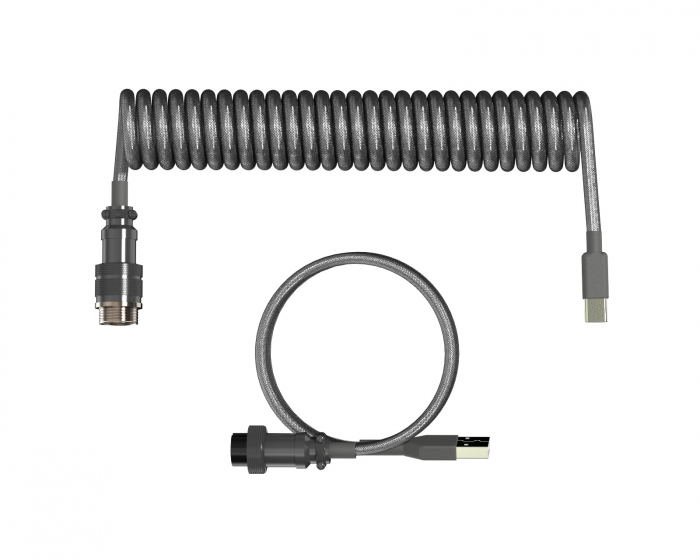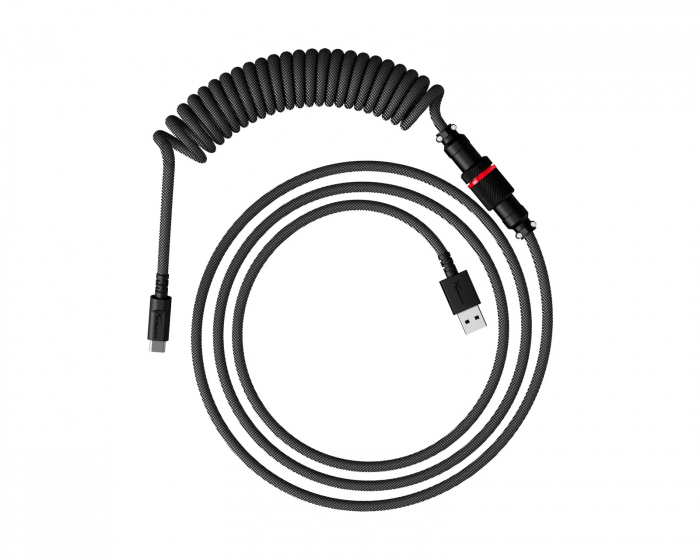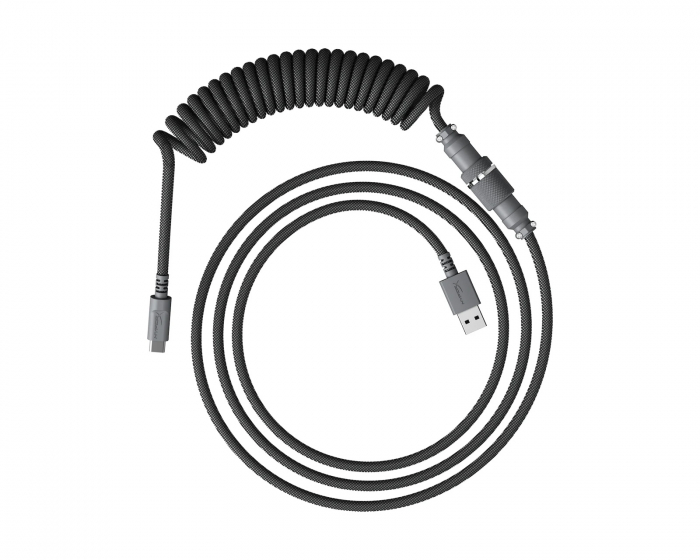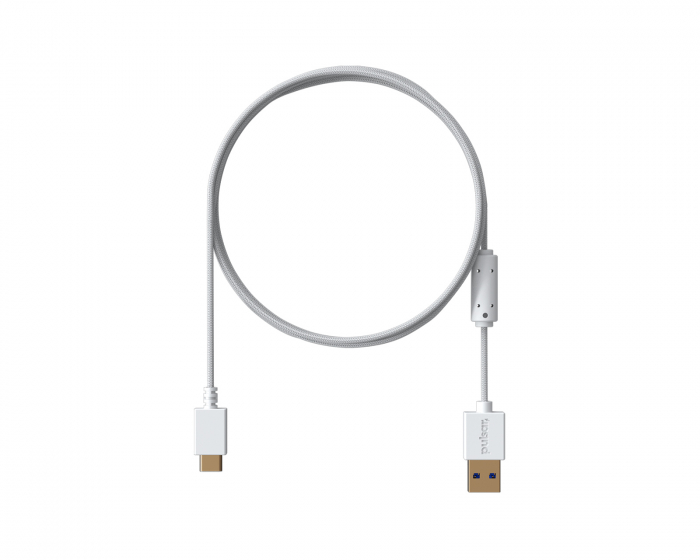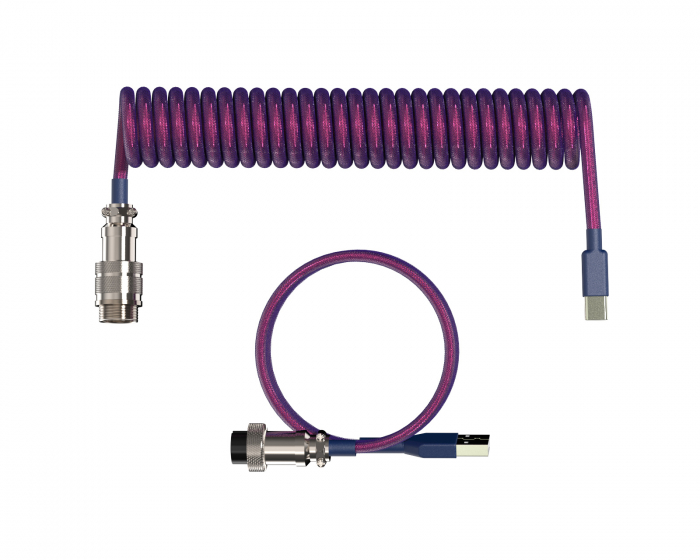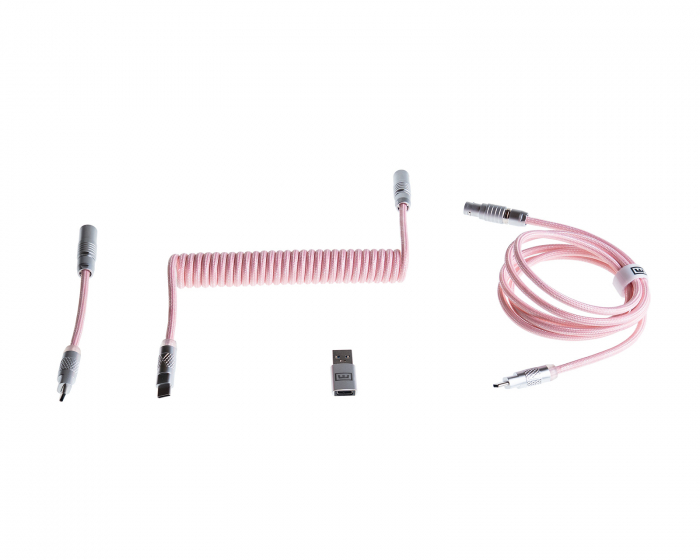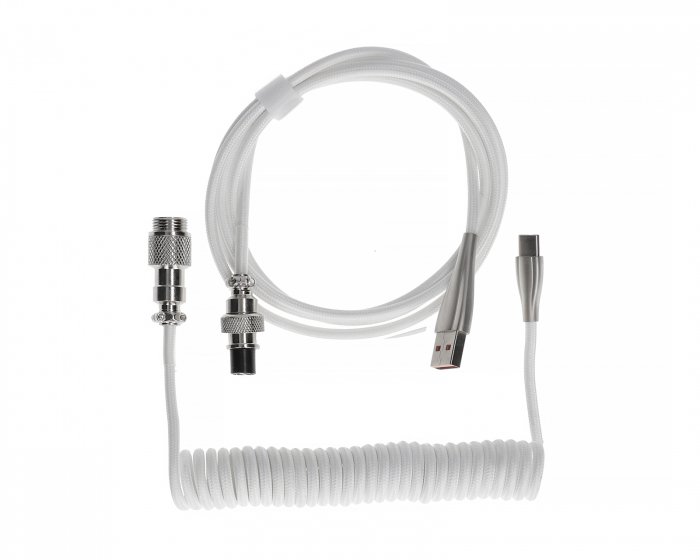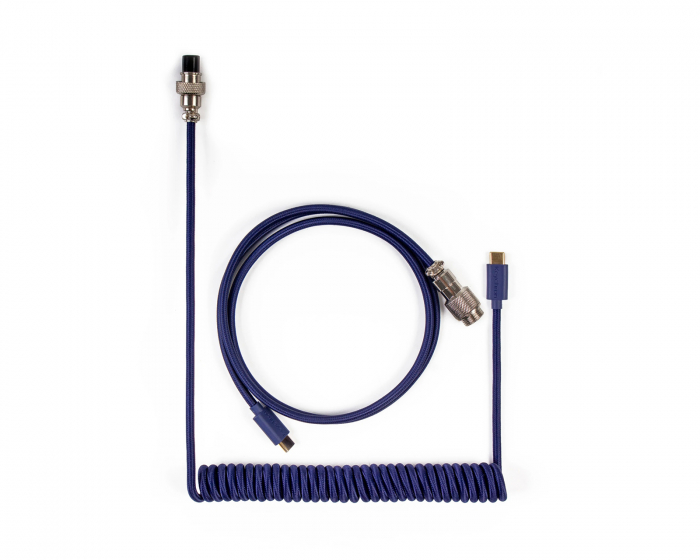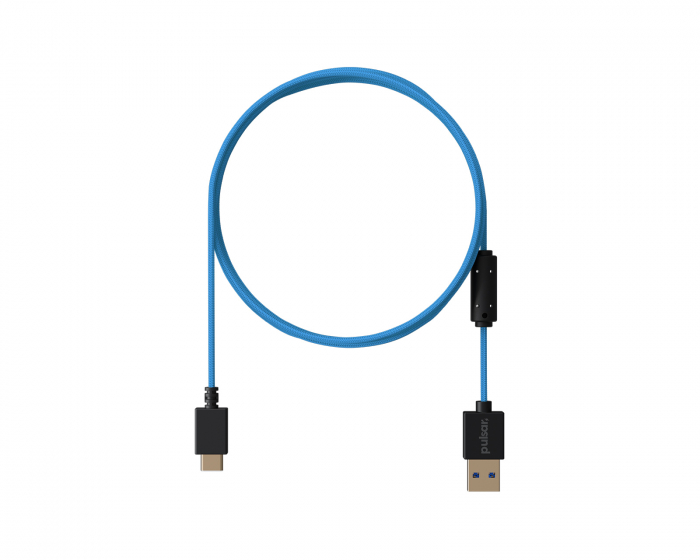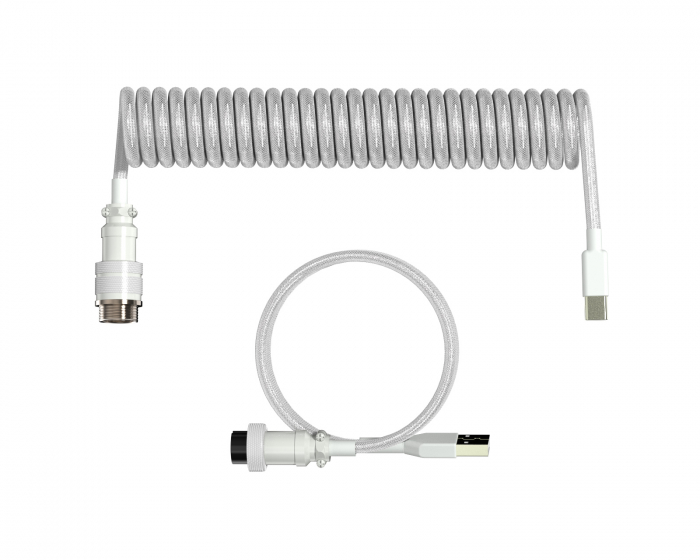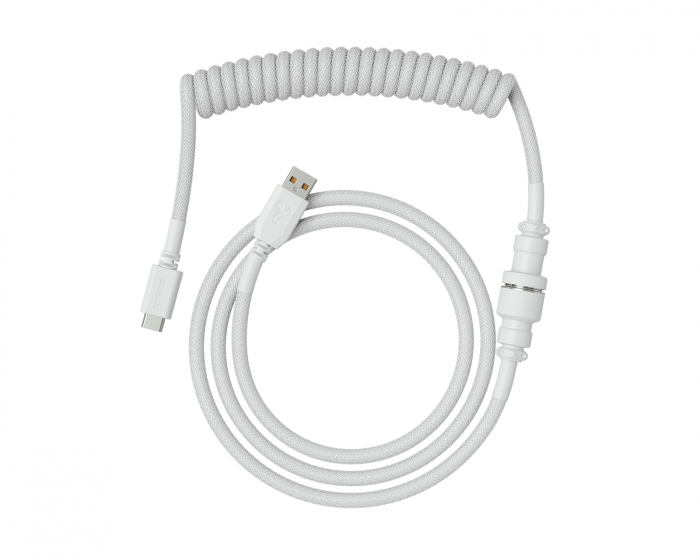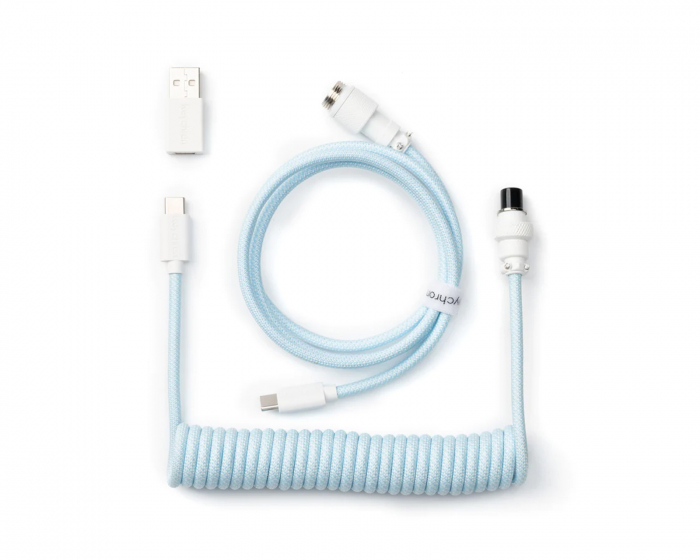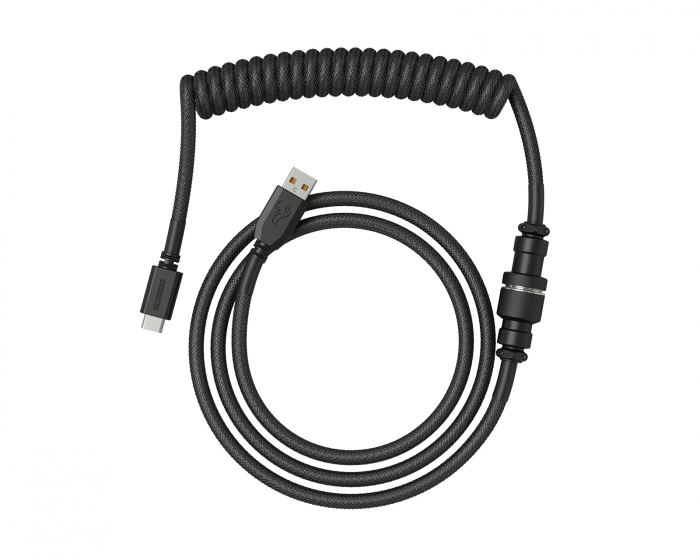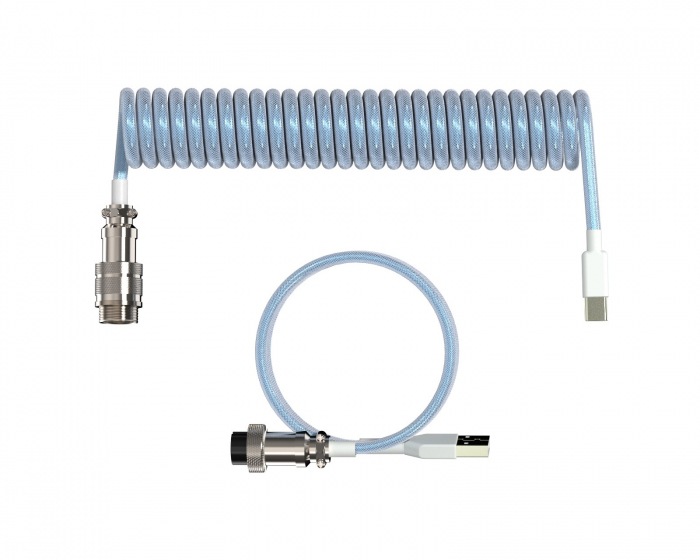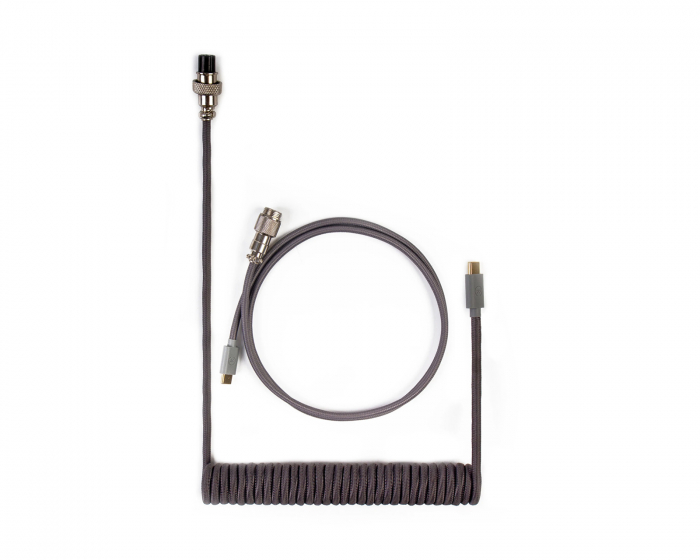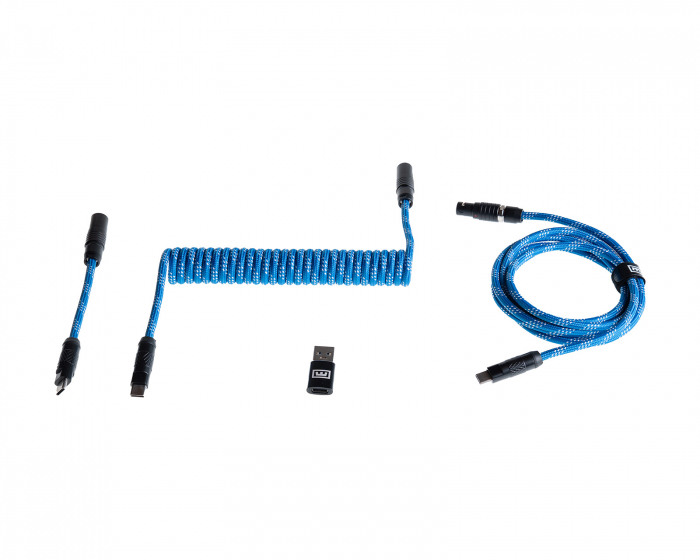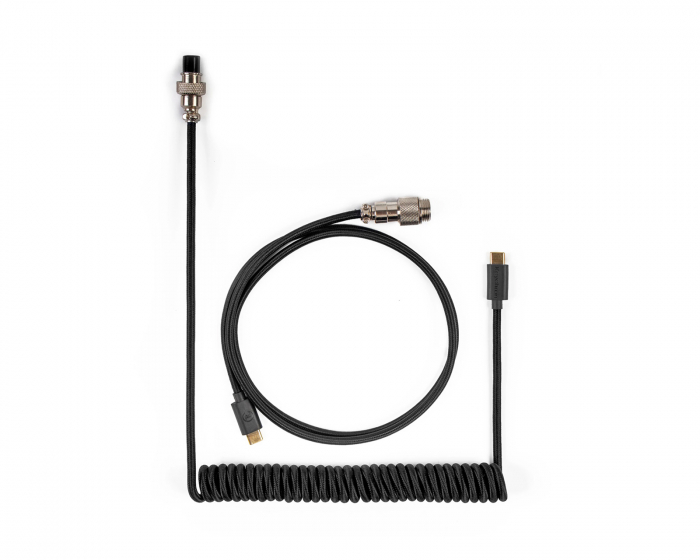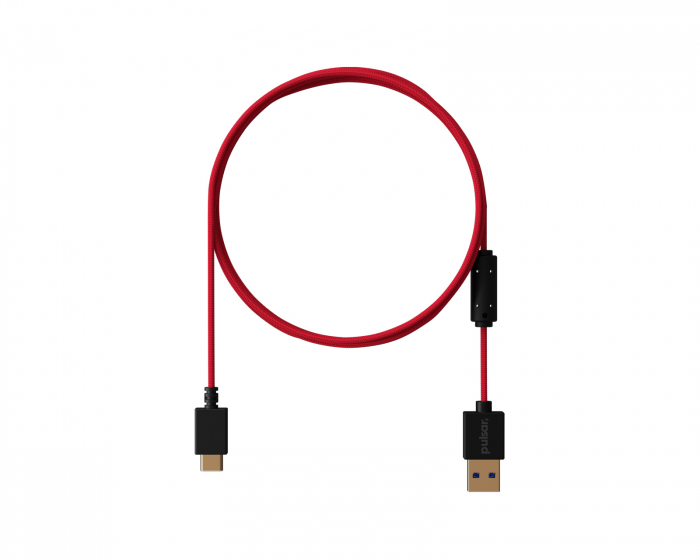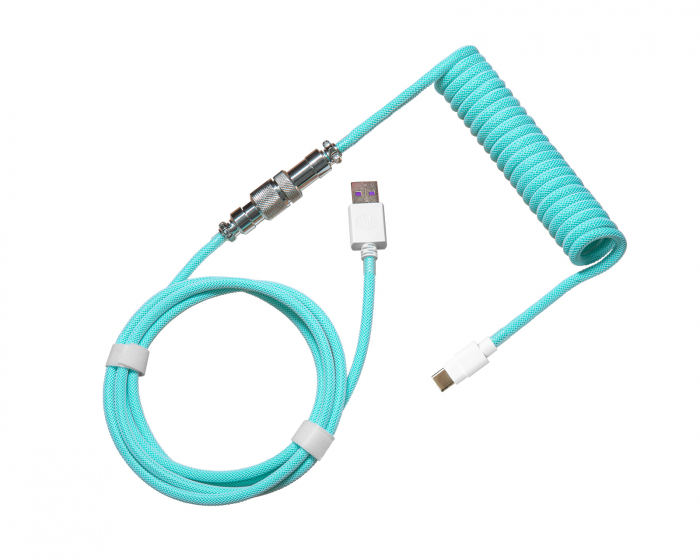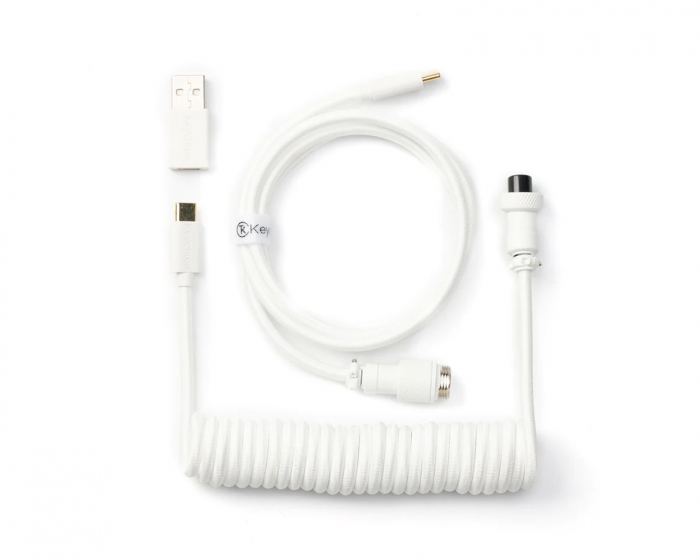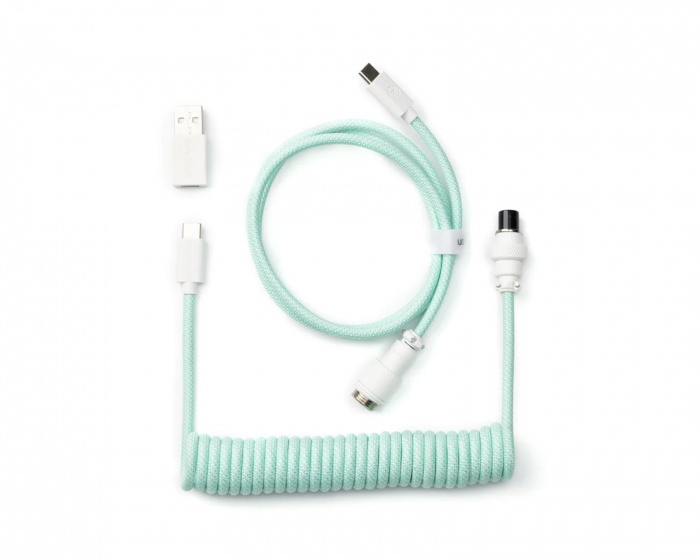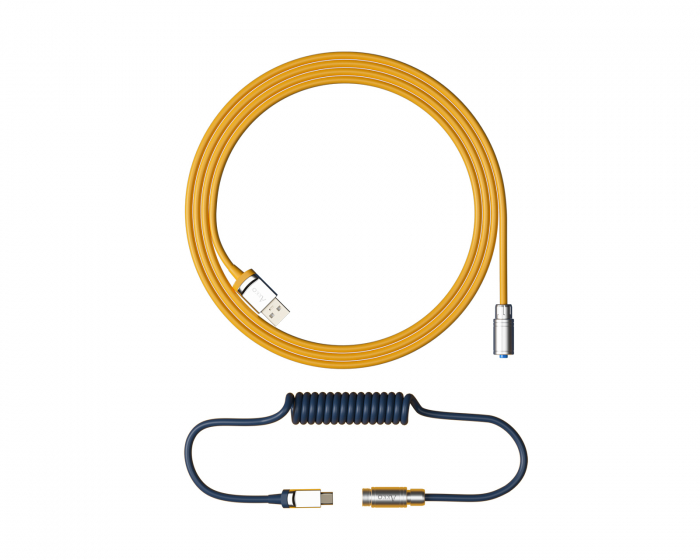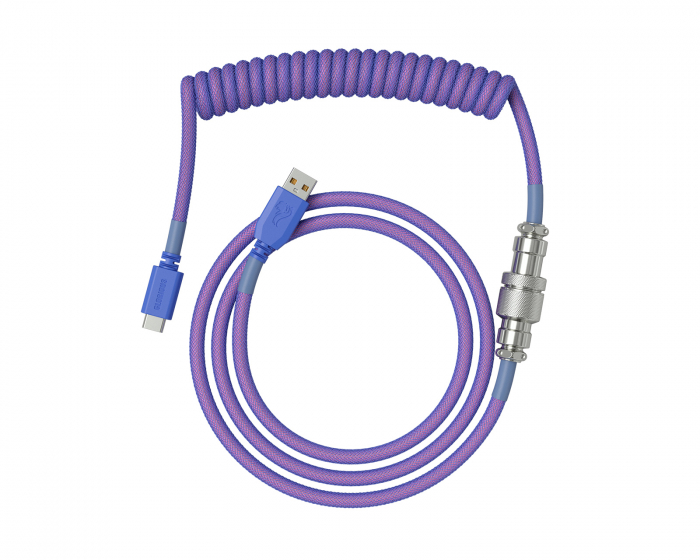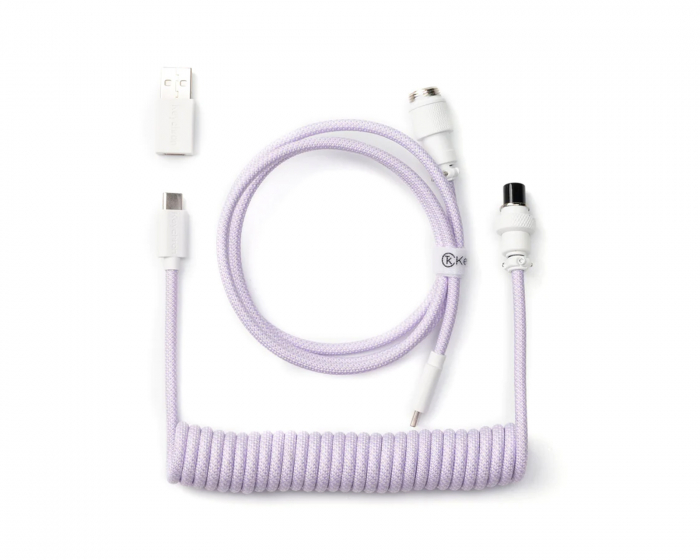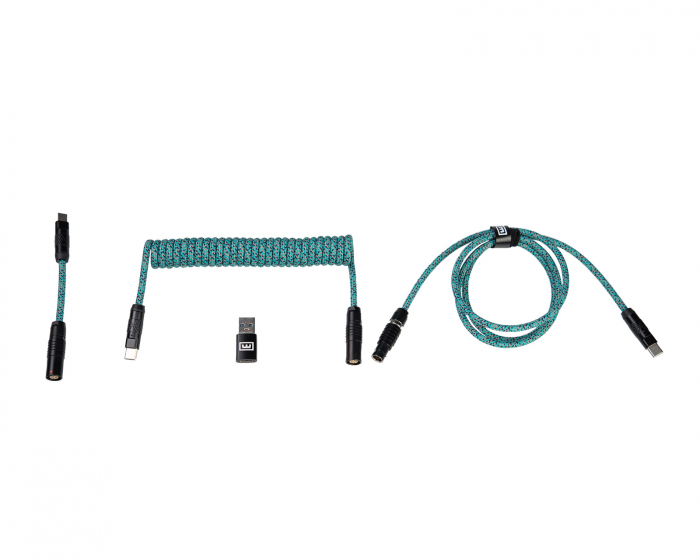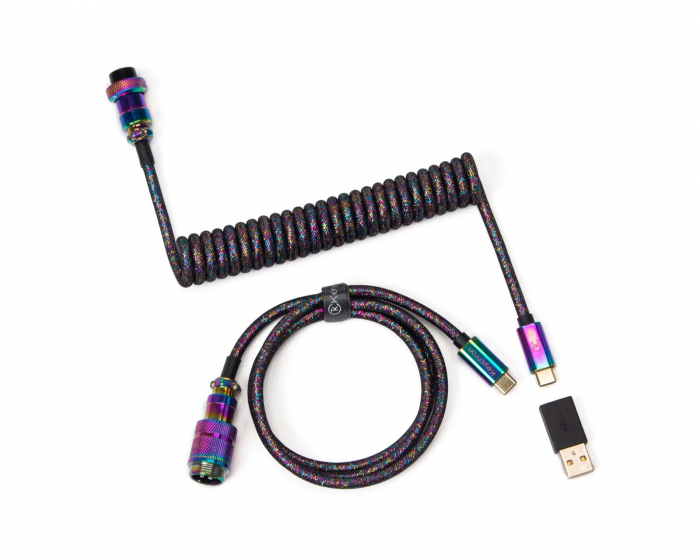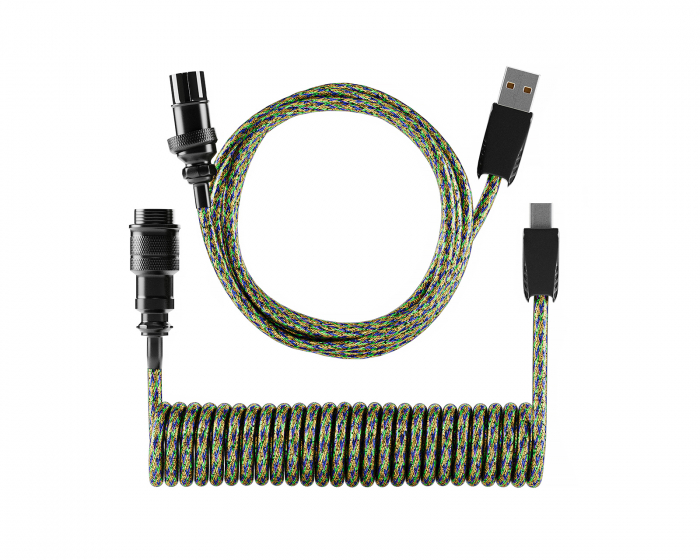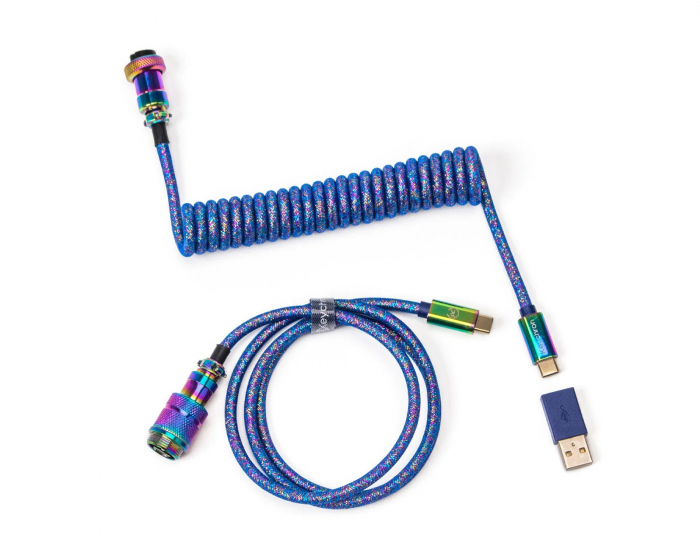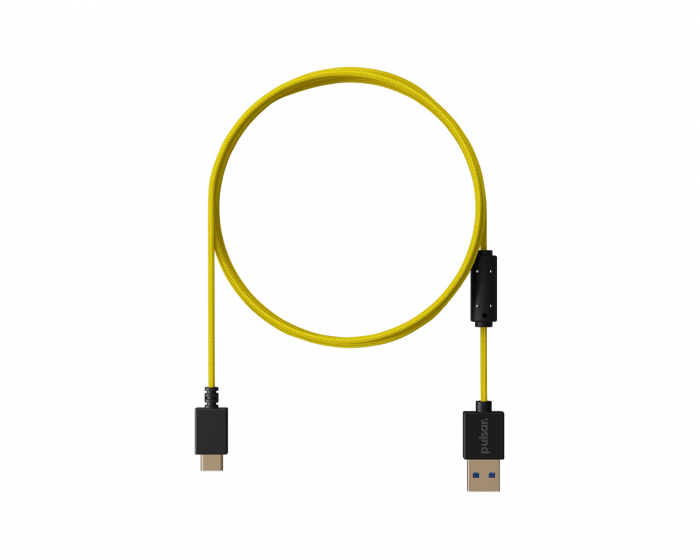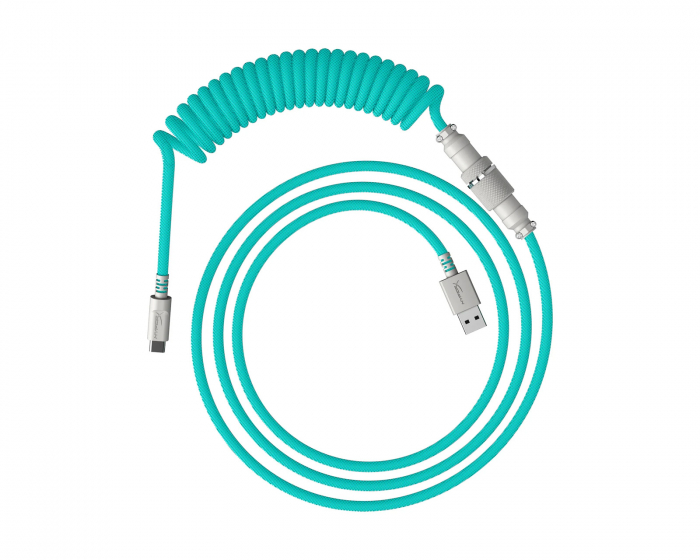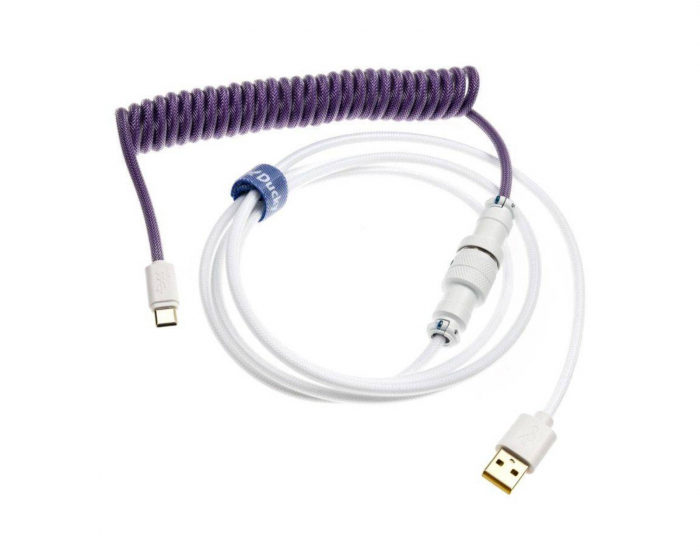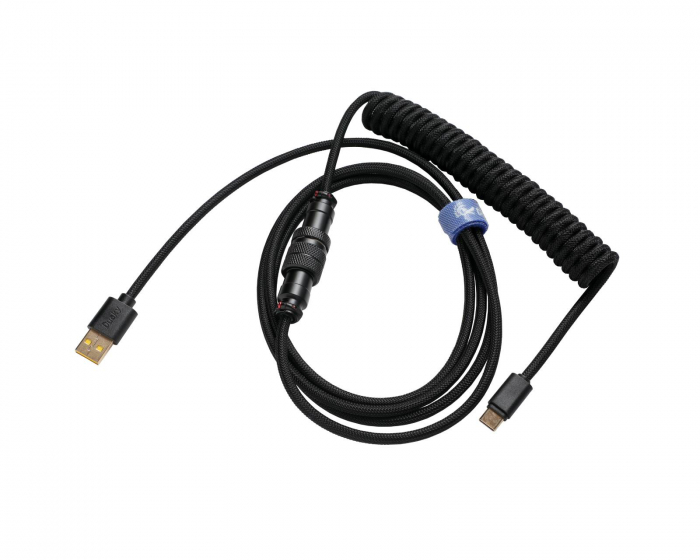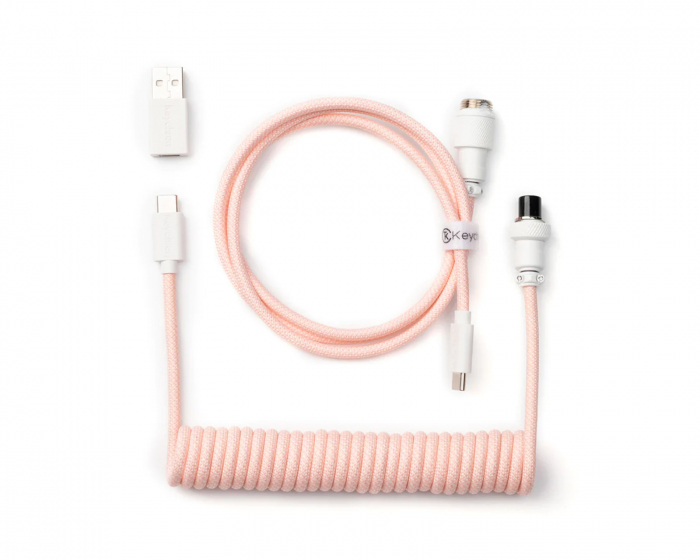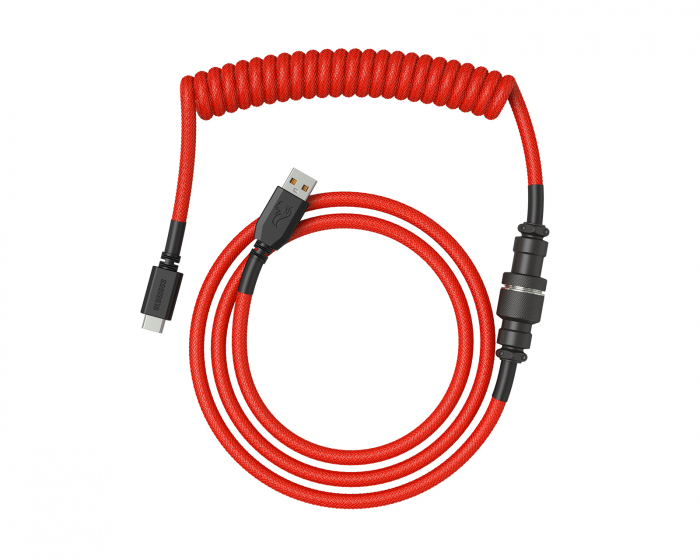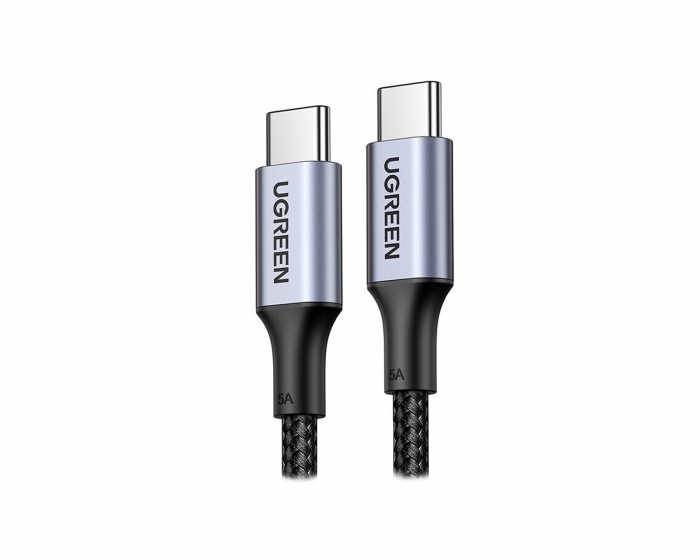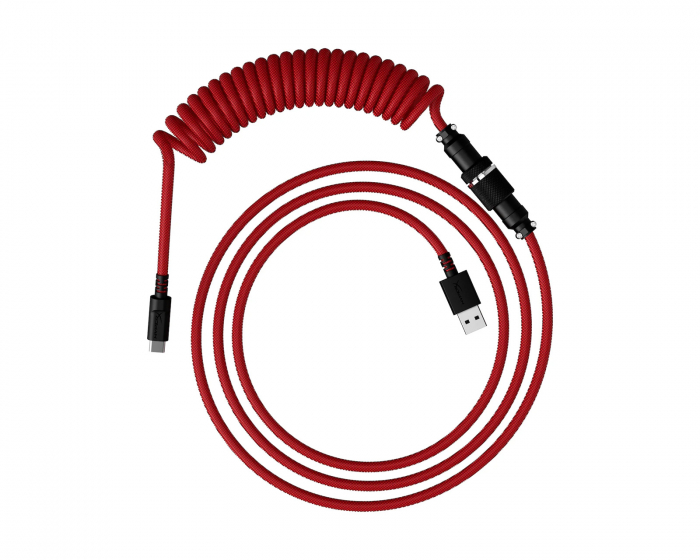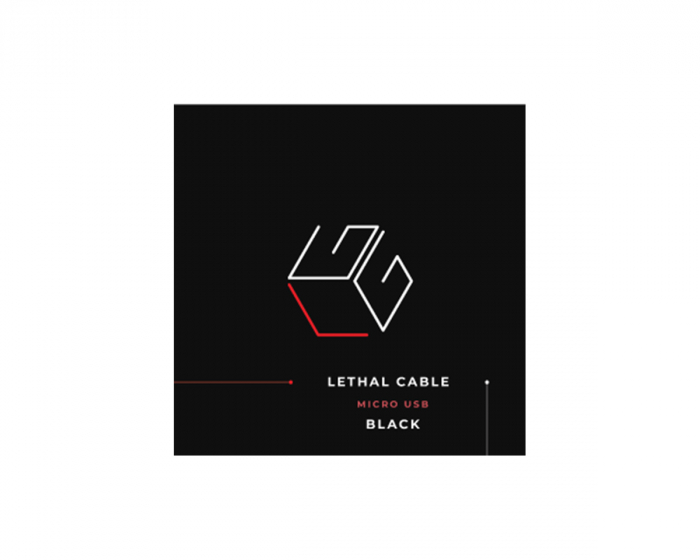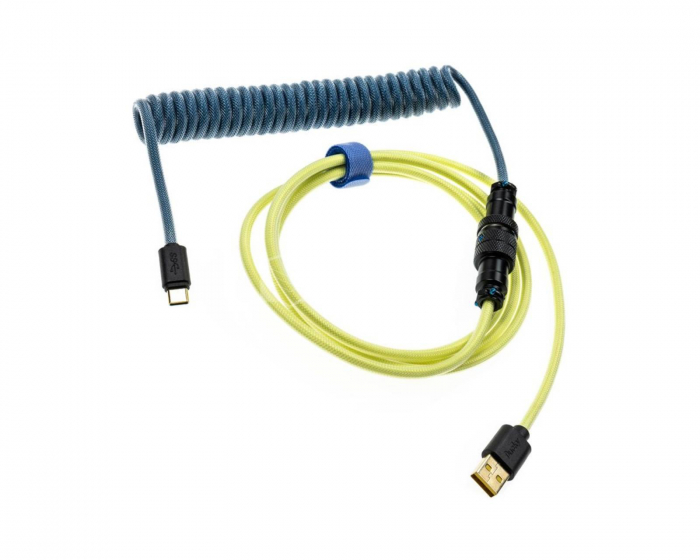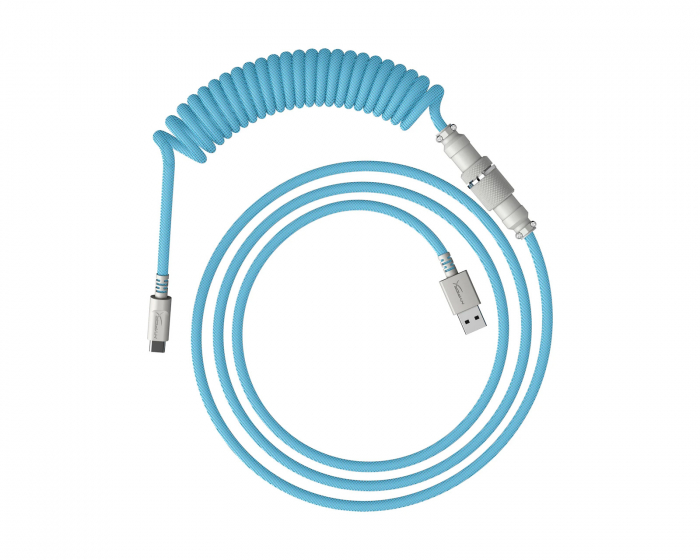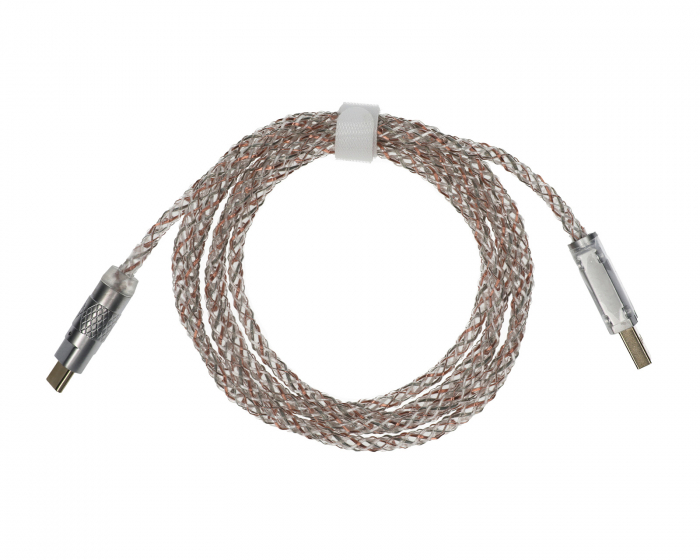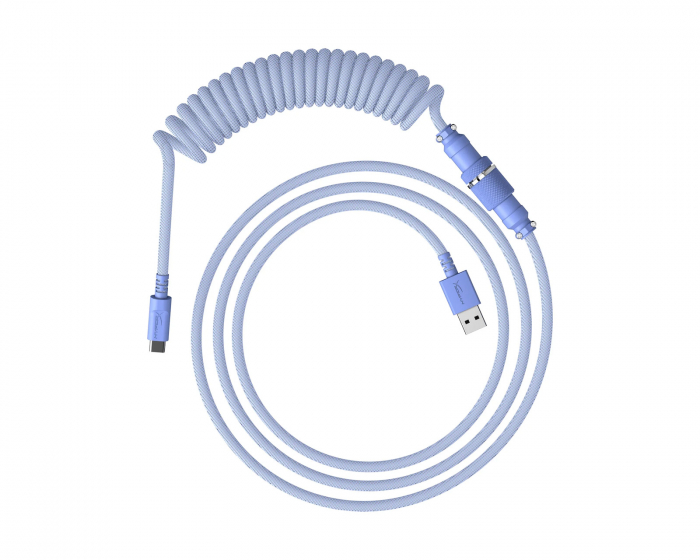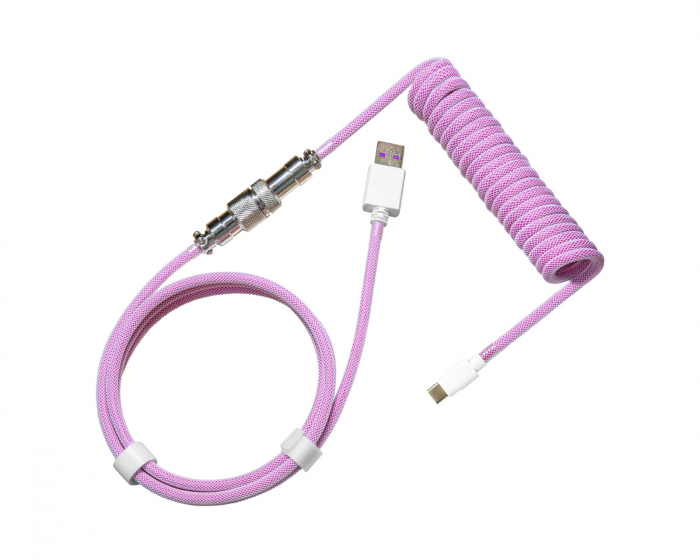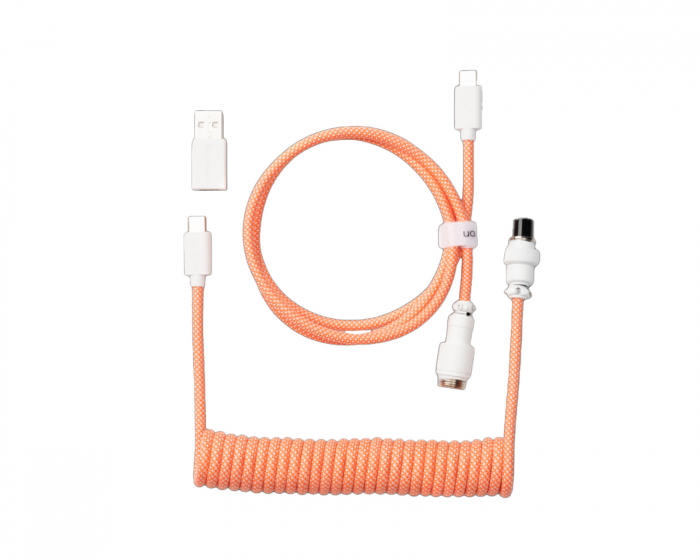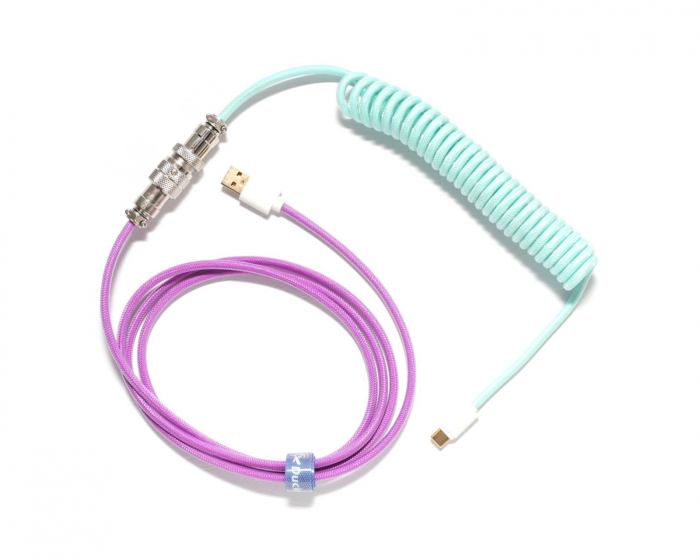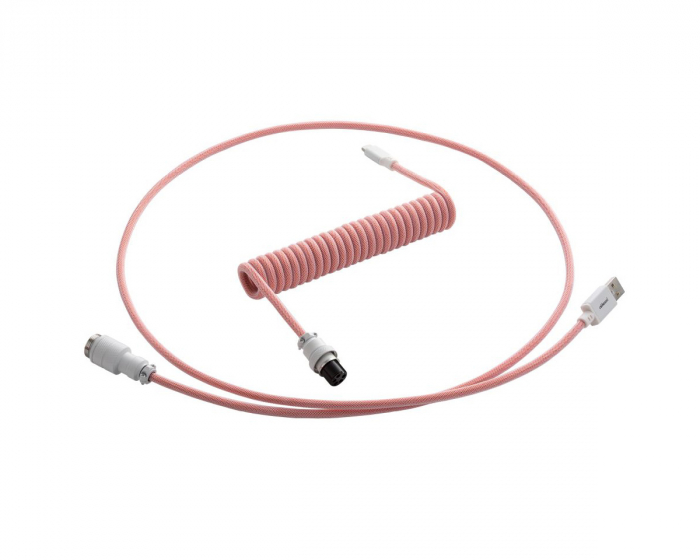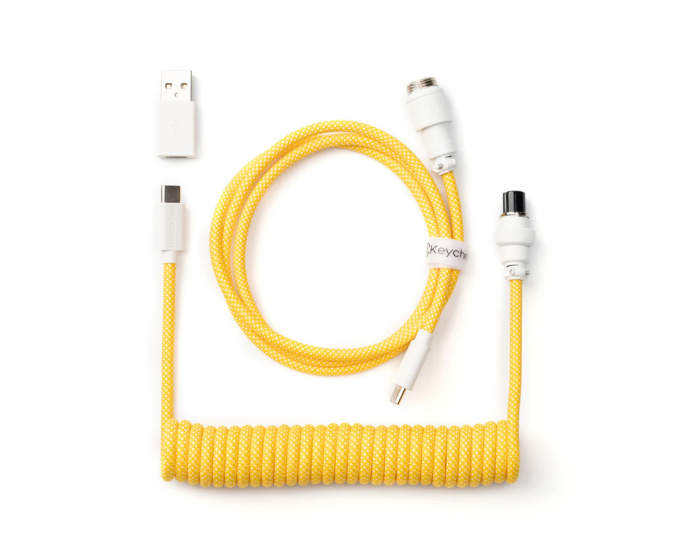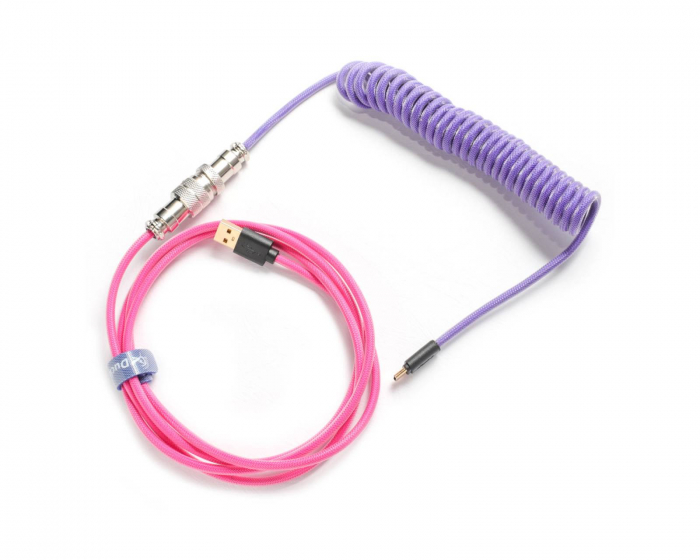Keyboard cables
Your keyboard is your gateway to the digital world. Whether you're writing a masterpiece, chatting with friends, or defeating enemies in a game, a responsive and reliable keyboard is essential. But what happens when the cable to your trusty keyboard gives out? Or when you want to upgrade to a new keyboard with a different connection? Don't worry, we'll guide you through the jungle of keyboard cables! There is a plethora of cables on the market, and finding the right one can be a challenge. Which cable is right for your keyboard? Which cable gives the best performance? And what do all these abbreviations really mean? This guide will clarify the terms and help you find the right cable for your keyboard. We'll go through the most common types of cables, their pros and cons, and what you should consider before making your choice.
USB-A to USB-B: This classic cable type was long the standard for keyboards. The rectangular USB-A connector plugs into the computer, while the more square USB-B connector plugs into the keyboard.
USB-A to USB-C: Modern keyboards, especially mechanical keyboards, increasingly use USB-C. USB-C is a smaller and more versatile connector that can transfer data faster than USB-A.
USB-C to USB-C: Some keyboards, especially those designed for laptops with only USB-C ports, use a USB-C to USB-C cable.
Cable length: Choose a cable that is long enough to reach from your computer to the keyboard.
Cable quality: A high quality cable with good shielding will provide better signal quality and reduce the risk of interference.
Price: Keyboard cables are available in a variety of price ranges. Determine your budget and choose a cable that suits your needs and your plan.
Different types of keyboard cables
USB (Universal Serial Bus) is by far the most common type of cable for keyboards today. They are easy to use, reliable and come in a variety of designs.USB-A to USB-B: This classic cable type was long the standard for keyboards. The rectangular USB-A connector plugs into the computer, while the more square USB-B connector plugs into the keyboard.
USB-A to USB-C: Modern keyboards, especially mechanical keyboards, increasingly use USB-C. USB-C is a smaller and more versatile connector that can transfer data faster than USB-A.
USB-C to USB-C: Some keyboards, especially those designed for laptops with only USB-C ports, use a USB-C to USB-C cable.
Important factors to consider when choosing a cable
Keyboard connection: Check the type of connection your keyboard has before buying a cable.Cable length: Choose a cable that is long enough to reach from your computer to the keyboard.
Cable quality: A high quality cable with good shielding will provide better signal quality and reduce the risk of interference.
Price: Keyboard cables are available in a variety of price ranges. Determine your budget and choose a cable that suits your needs and your plan.

